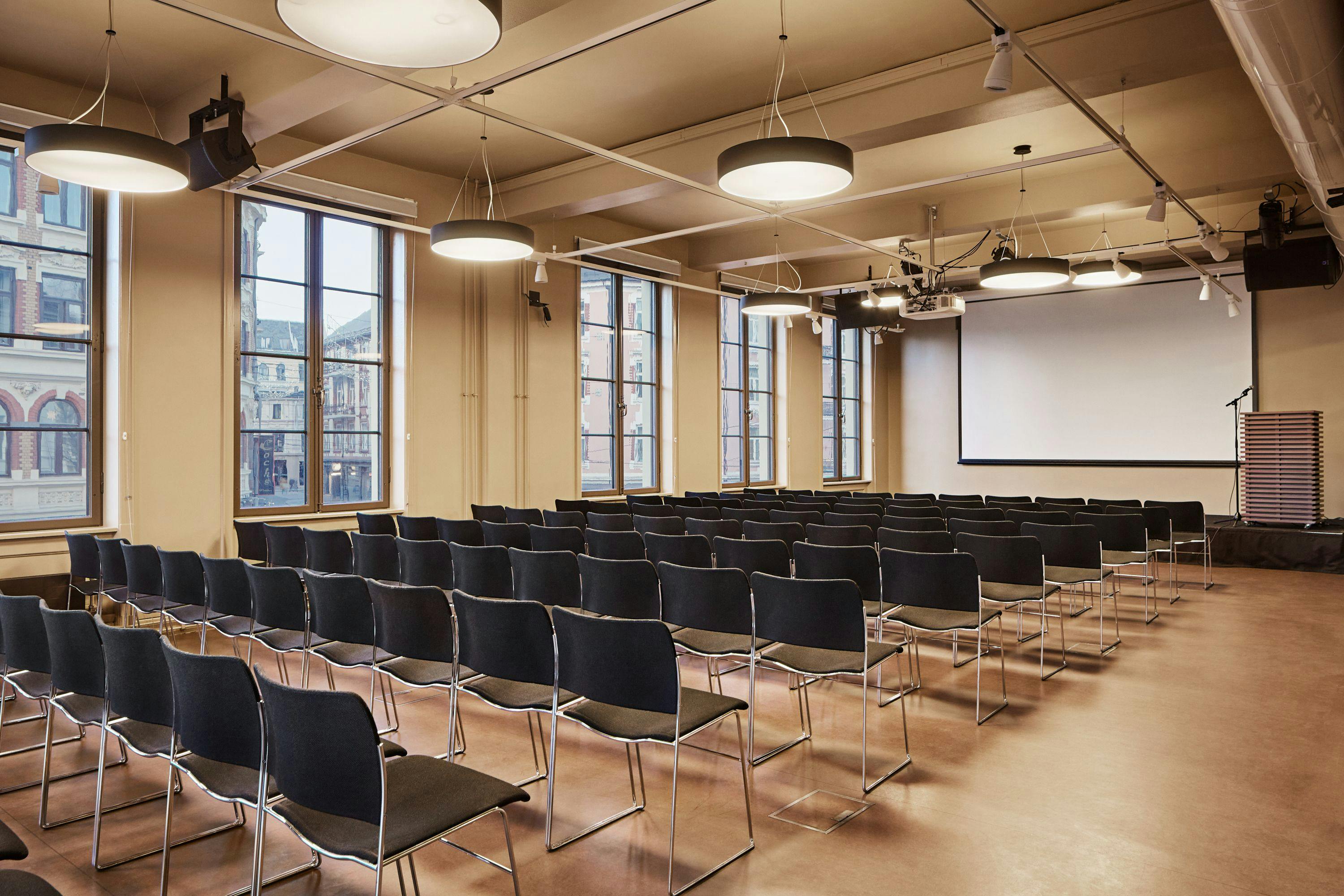Following high numbers of refugee arrivals in 2015, many European countries responded with restrictive asylum policies aimed at reinforcing the temporary nature of protection provided.
Among the measures adopted were shorter-term residence permits, reduced rights to welfare and family reunification, and stricter requirements for permanent residence and citizenship. Such developments, together with intensified revocation practices, signaled a profound shift away from the secure and predictable path to permanent residence previously accorded to persons with refugee status. The increased insecurity of their continued residence in countries of asylum poses important challenges for refugees themselves, for civil society, for the state and for regional cooperation.
Over the past four years, researchers in the TemPro project (Temporary Protection as a Durable Solution? NFR 2020-2024) from the fields of law and anthropology have investigated the consequences of this 'temporary turn' within asylum policies in Norway, Denmark, the UK, and Germany, and the dilemmas it raises.
In our final conference we will discuss our findings and consider the broader societal, political and legal ramifications of these developments. Please join us!
Attendance is free. Since we will be serving food, we required registration by 20 October, but it may still be possible to join - send an e-mail to kamilla.stolen@uib.noif you would like to attend. The conference will be held in English and will not be streamed.
Programme
8:30 - Breakfast: Coffee/croissants
9:00 - 9:15 Introducing the TemPro project (Jessica Schultz ,project leader)
Session 1: The 'temporary turn' in Norway
9:15 – 10:15
- The new conditionality of refugee protection, Kari Anne Drangsland, University of Bergen
- Revocation and the permanence of precarious status, Jessica Schultz, Chr. Michelsen Institute
- Futures in temporary collective protection, Marry-Anne Karlsen, University of Bergen
10:15-10:30 coffee
Session 2: The 'paradigm shift' in Denmark
10:30 – 11: 30
- The revocation of asylum permits: legal and policy developments, Jens Vedsted-Hansen, Aarhus University
- Consequences for the state and civil society, Mikkel Rytter, Aarhus University
- Reshaping membership: incorporation strategies of Syrian refugees, Sarah-Louise Japhetson Mortensen, Aarhus University
11:30 – 11:50 coffee/snacks
Session 3: The temporary turn in context: developments and dilemmas
11:50 – 12:50
Panel: Rebecca Stern (University of Uppsala), Tino Hruschka (Max Planck Institute for Social Law and Social Policy, Munich), Esra Kaytaz (Coventry University), Jessica Schultz (CMI).
Is temporary asylum a 'durable solution'? For refugees? For the (welfare) state? For international cooperation? Contextualizing Norwegian and Danish policies within broader European developments, the panel will discuss core dilemmas raised by the temporary turn in asylum policies.
Moderator: Osama Shaheen , journalist in Bergens Tidende

